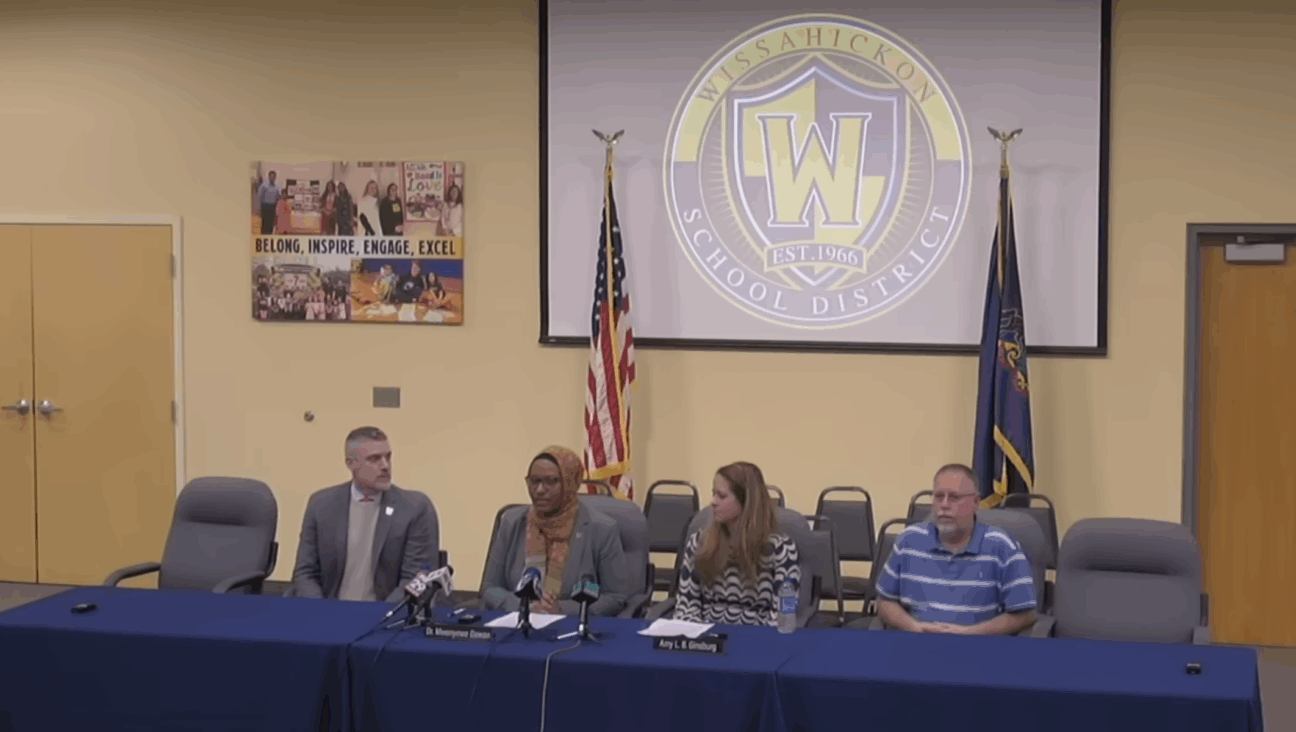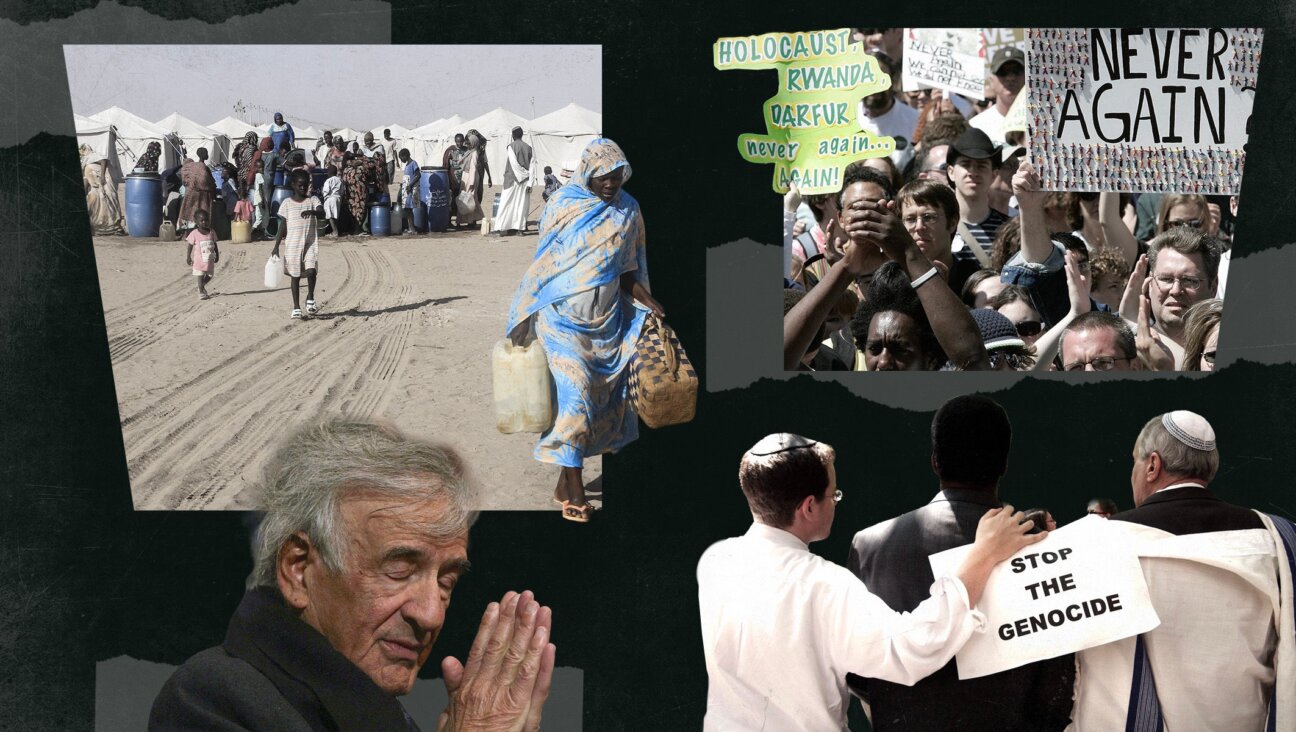AIPAC Uses Instability in Egypt as Pitch
AIPAC cited “lawlessness” in Egypt and the country’s election of an Islamist president in its latest fundraising appeal.
The appeal to American Israel Public Affairs Committee donors sent Wednesday begins by noting the sharp rise in rocket attacks from the Gaza Strip in recent months.
It then says that “Attacks against Israelis emanated not only from Hamas-controlled Gaza, but from the increasingly lawless Egyptian Sinai desert. The increase in violence comes in the wake of mounting regional instability and uncertainty, including the election of an Islamist president in Egypt. The United States should continue to work closely with Israel to help it expand its capabilities to defend against these growing threats.”
The appeal asks donors to help AIPAC lobby Congress for continued defense assistance and makes a pitch for a donation as well.
The bluntness of AIPAC’s concerns in its appeal about the election last month of Muslim Brotherhood candidate, Mohamed Morsi, and the loosening of government controls in the Sinai reflects similar concerns expressed in Congress in recent months, but stands in contrast to the cautious optimism appearing in official U.S. and Israeli government statements.
U.S. Secretary of State Hillary Rodham Clinton is due to meet with Morsi later this month, and her staff has sounded optimistic notes that he will preserve the peace treaty with Israel. Israeli Prime Minister Benjamin Netanyahu said last month that he “respects” the results of the election and “looks forward to continuing cooperation” with Egypt.
On background, Israeli officials have expressed concerns about reports of the infiltration of terrorist groups into the Sinai, and note that a wall under construction, ostensibly to frustrate illegal immigration, also is aimed at securing the south against attacks.
The appeal to American Israel Public Affairs Committee donors sent Wednesday begins by noting the sharp rise in rocket attacks from the Gaza Strip in recent months.
It then says that “Attacks against Israelis emanated not only from Hamas-controlled Gaza, but from the increasingly lawless Egyptian Sinai desert. The increase in violence comes in the wake of mounting regional instability and uncertainty, including the election of an Islamist president in Egypt. The United States should continue to work closely with Israel to help it expand its capabilities to defend against these growing threats.”
The appeal asks donors to help AIPAC lobby Congress for continued defense assistance and makes a pitch for a donation as well.
The bluntness of AIPAC’s concerns in its appeal about the election last month of Muslim Brotherhood candidate, Mohamed Morsi, and the loosening of government controls in the Sinai reflects similar concerns expressed in Congress in recent months, but stands in contrast to the cautious optimism appearing in official U.S. and Israeli government statements.
U.S. Secretary of State Hillary Rodham Clinton is due to meet with Morsi later this month, and her staff has sounded optimistic notes that he will preserve the peace treaty with Israel. Israeli Prime Minister Benjamin Netanyahu said last month that he “respects” the results of the election and “looks forward to continuing cooperation” with Egypt.
On background, Israeli officials have expressed concerns about reports of the infiltration of terrorist groups into the Sinai, and note that a wall under construction, ostensibly to frustrate illegal immigration, also is aimed at securing the south against attacks.















